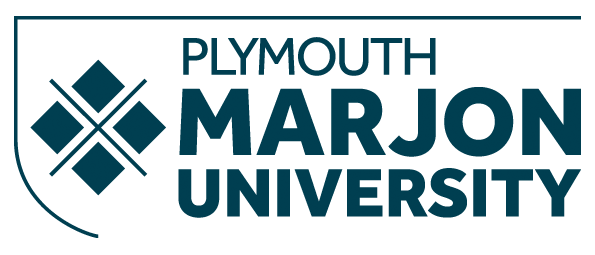Migration and Identity through Creative Writing StOries: Strangers to Ourselves
Language: English Series: Publication details: Cham Springer Nature 2024Description: 1 electronic resource (333 p.)ISBN:- 978-3-031-41348-3
- 9783031413483
- 9783031413476
- Migration, immigration & emigration
- Public administration
- Critical and creative writing in migration
- Hybrid and multi-genre migration collection from Canada
- Alternative methodologies in migration studies
- Storytelling, narrative enquiry, lived experience
- New directions in migration research and practice
- Creative and autoethnographic narratives in migration
- Workshopping as methodology in migration studies
- Negotiating nation, identity and diversity
- Teaching training migration project at CERC, TMU
- Producing knowledge `differently’ in migration
- Experiential and creative migration writing
- Critical pedagogy framework for writing migration
- COVID-19 times and personal migration stories
- Centering methodology, connecting the dots through story
- Exploring new approaches for `knowing’ in migration
- A story-ing approach in migration
- Self-representation and auto-narratives in migration
- Qualitative research and truth-telling in migration
- Using indigenous research methods to decolonise migration
Open Access star Unrestricted online access
This open access book brings together storytelling and self-narrative, creative writing and narrative enquiry to explore a variety of topics in migration from an experiential lens. The volume is hybrid and multi-genre as it contains both scholarly chapters grounded in academic perspectives, as well as personal essays and creative non-fiction. In addition to critical reflections on key migration topics and concepts – like, identity and diversity, integration and agency, transnationalism and return – the scholarly chapters also propose a particular methodology for ‘workshopping’ migration narratives, and writing about (personal) lived experiences through iterations of scientific reflection, narrative enquiry, and creative imagination. The book explores the potential of a new conceptual paradigm and methodological process to learn more, and also `differently,’ about the migration experience. Finally, this volume asks a bigger question too – how do we define the boundaries of research; is it possible to entirely separate the spatial, temporal and methodological parameters in which projects are developed and pursued; and how can the specifics of these multiple contexts contribute to shaping the knowledge being produced?
Creative Commons by/4.0/ cc http://creativecommons.org/licenses/by/4.0/
English
